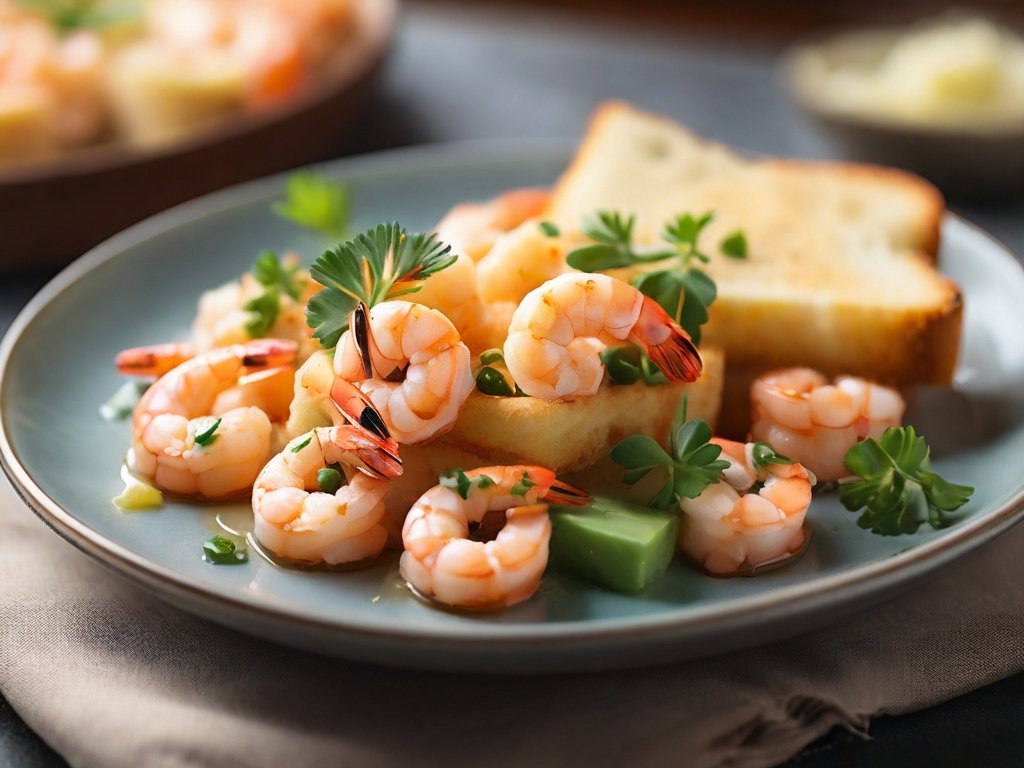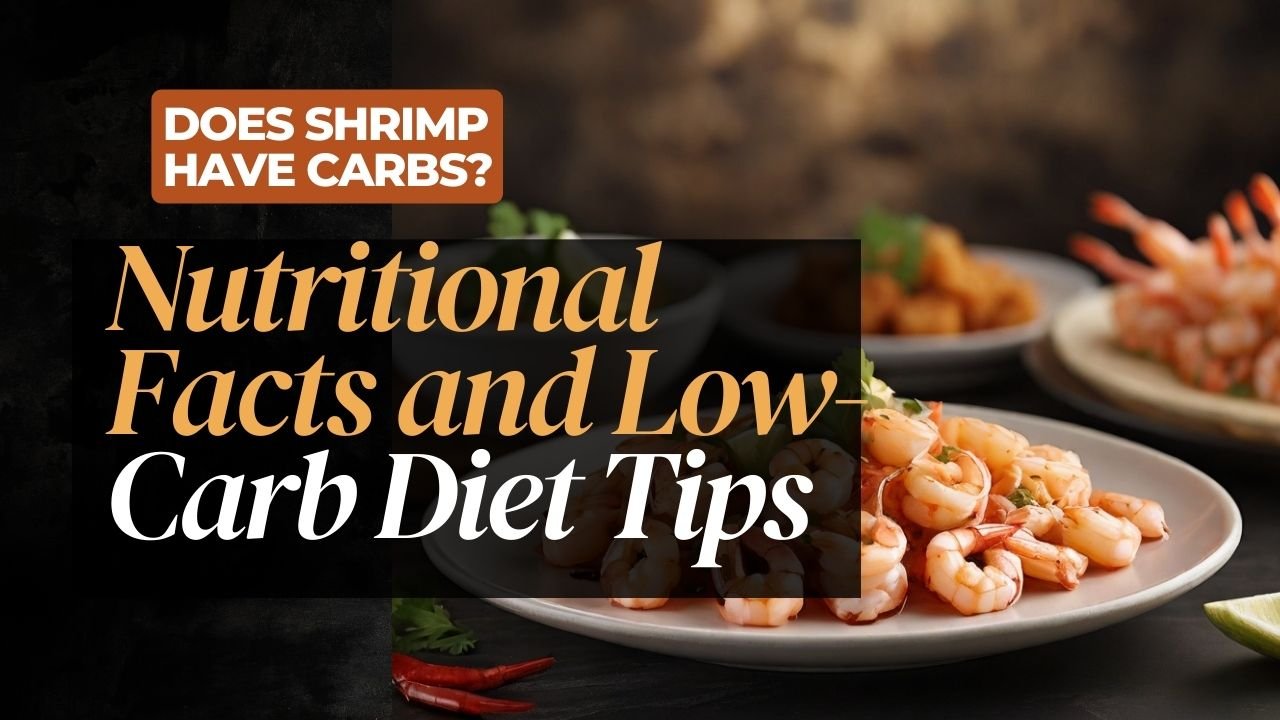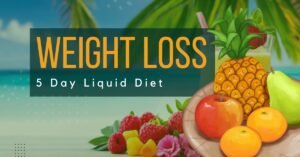In the pursuit of a healthy lifestyle or specific dietary goals, you’ve probably landed on the question, “Does shrimp have carbs?” This tiny crustacean, renowned for its delectable flavor and versatility in the kitchen, has captured the attention of health-conscious consumers seeking to fine-tune their daily nutrient intake. Whether you’re on a low-carb plan, following the ketogenic diet, or merely looking to shed some pounds, understanding the carbohydrate content of shrimp could be vital to meeting your dietary objectives.
Navigating the ocean of nutrition facts can be daunting, but fret not. We’re here to clarify the often muddy waters of shrimp and carbohydrates and to serve you a platter of valuable insights. Keep reading as we explore the unseen world of carbs in shrimp, aiming to satisfy your hunger for knowledge and ensure your plate is aligned with your health targets.
How Many Carbs in Shrimp?
Shrimp, often praised for being an excellent source of lean protein, isn’t a significant contributor to your carb quota. In fact, most types of shrimp are considered virtually carb-free, containing as little as 0 to 1 gram of carbohydrates per 3-ounce serving. With such modest amounts, shrimp can safely be integrated into your low-carb eating plan without unwanted spikes in your blood sugar levels.

The minuscule carbohydrate content found in shrimp is mainly in the form of glycogen, which is also stored in human muscles and liver cells. Given the tiny portions we consume, this carbohydrate contribution is barely a drop in the ocean of your daily nutrient requirements. From scampi to shrimp cocktail, you can relish these delicacies knowing that carbs will not be the culprit if you’re watching your waistline or striving for ketosis.
Is Shrimp Low Carb?
Shrimp is a resounding ‘yes’ in the low-carbohydrate category. This marine marvel is one of the least carb-laden options you can invite to your dinner table. Its low-carb profile makes it an attractive choice for individuals looking to trim their carbohydrate intake and enjoy the benefits of a diet that’s low in sugar and starches.
When you’re crafting your low-carb meal plans, feel free to lean on shrimp as a reliable mainstay. Its lack of significant carbohydrates doesn’t detract from its nutritional profile; shrimp is brimming with essential vitamins and minerals, including selenium, B12, and omega-3 fatty acids, giving you plenty of reasons to indulge without guilt.
How Many Carbs Does Shrimp Have?
The precise answer to this question is pleasantly simple: not many. A standard serving of shrimp, typically 3 ounces, packs a paltry 0-1 gram of carbohydrates. Of course, the exact count can vary slightly depending on the type of shrimp and its preparation, but rest assured that you’re dipping into a virtually carb-free delight.
You may wonder how shrimp remains so low in carbs while offering a satisfying taste and texture. It’s all thanks to shrimp’s inherent biology—naturally lean and moderately filling, shrimp delivers a commendable protein punch without the accompanying carb payload. This is great news for managing your diet with precision and enjoying a variety of meal options while keeping carbohydrates in check.
Is Shrimp High in Carbs?
Quite the contrary! Shrimp is renowned for being an exceptionally low-carb food item. Connoisseurs who advocate for keeping their carb consumption at a minimum have crowned shrimp as a hero on their plate. Its meager carb content permits you to enjoy a substantial serving without the worry of derailing your dietary intentions.

Even people on the strictest low-carb diets, such as keto, celebrate shrimp’s carb stats as a dietary win. It can be difficult to find foods that balance the equation of enjoyable eating with stringent dietary regulations, yet shrimp consistently emerges as a victor. Its low-carb nature endears it to those desiring a meal that satisfies their palates and their dietary objectives without compromise.
Is Shrimp Carb-Free?
While no food of animal origin can be truly carb-free, the carbohydrate content in shrimp is so negligible that it’s typically considered to be virtually carb-free. This distinction makes shrimp an important player in menus designed for individuals who are carbohydrate sensitive or have strict dietary restrictions necessitating close carb monitoring.
If you’re aiming to consume almost no carbs, shrimp is an ally you can rely on. It provides a texture that is at once meaty and tender, alongside a subtle taste that pairs well with a multitude of flavors. With its low-calorie profile and high protein satisfaction, shrimp can be a centerpiece for those seeking to nourish their bodies without a heavy carb load.
How Many Carbs in 10 Shrimp?
Visualizing your portions is a skill honed by many health-conscious eaters, and understanding the carb content in common serving sizes is an integral part of that process. 10 shrimp, a standard serving size in many recipes and meals, will contribute about 1 to 2 grams of carbohydrates to your daily intake.
Given that individuals following strict low-carb diets often aim for daily carbohydrate consumption in quantities below 50 grams, the 10 shrimp serving plays an insignificant role in your overall carb allotment. This is why shrimp is unequivocally endorsed for inclusion in low-carb meals—the numbers simply add up in your favor.
A Final Word on Shrimp and Carbs
The question “Does shrimp have carbs?” is one that echoes within the nutritional echo-chamber of health forums and kitchens alike. The resounding affirmation of its negligible carb content positions shrimp as a friend to those watching their waistlines and controlling their carb intake.
Whether you’re preparing a delicate shrimp salad or a rich coconut shrimp curry, the small carb count in this seafood superstar means the flavor takes center stage without overloading on starch. Pair it with your favorite low-carb sides or enjoy it as part of a ketogenic feast; shrimp’s carb profile paves the way for a world of versatile and satisfying dishes.
In your quest for understanding the role of shrimp in your diet, it’s clear that this marine morsel can stand proud alongside your health and fitness aspirations. With its low-carb count and high culinary regard, shrimp offers a cornucopia of possibilities for flavorful, healthful eating without the carb-induced guilt.
By sating your curiosity about shrimp and carbs, you’ve navigated the interplay of nutrition and delicious dining. Do these answers to your crustacean queries leave you seeking more guidance in the dietary realm? If so, explore our frequently asked questions to shore up your knowledge and sprinkle some additional seasoning onto your culinary learnings.
FAQs on Shrimp and Carbs
Definitely! Shrimp with its incredibly low carb content is an ideal companion for individuals requiring precise carb management. Make it a staple in your diet and revel in its versatility.
Generally, all types of shrimp offer a similar low-carb profile. Be wary of pre-packaged or seasoned shrimp which may contain added sugars or coatings that could increase the carb content.
Low-carb enthusiasts adore shrimp in dishes such as zoodles (zucchini noodles) with shrimp, shrimp stir-fry with a medley of non-starchy vegetables, or shrimp tossed in a tangy vinaigrette with a side of avocado. These recipes provide a bounty of flavors without the usual carb baggage.
When ordering shrimp at restaurants, opt for preparations that are grilled, broiled, or steamed without added sauces. Be vocal about your dietary restrictions so that your meal can be prepared to your specifications.





